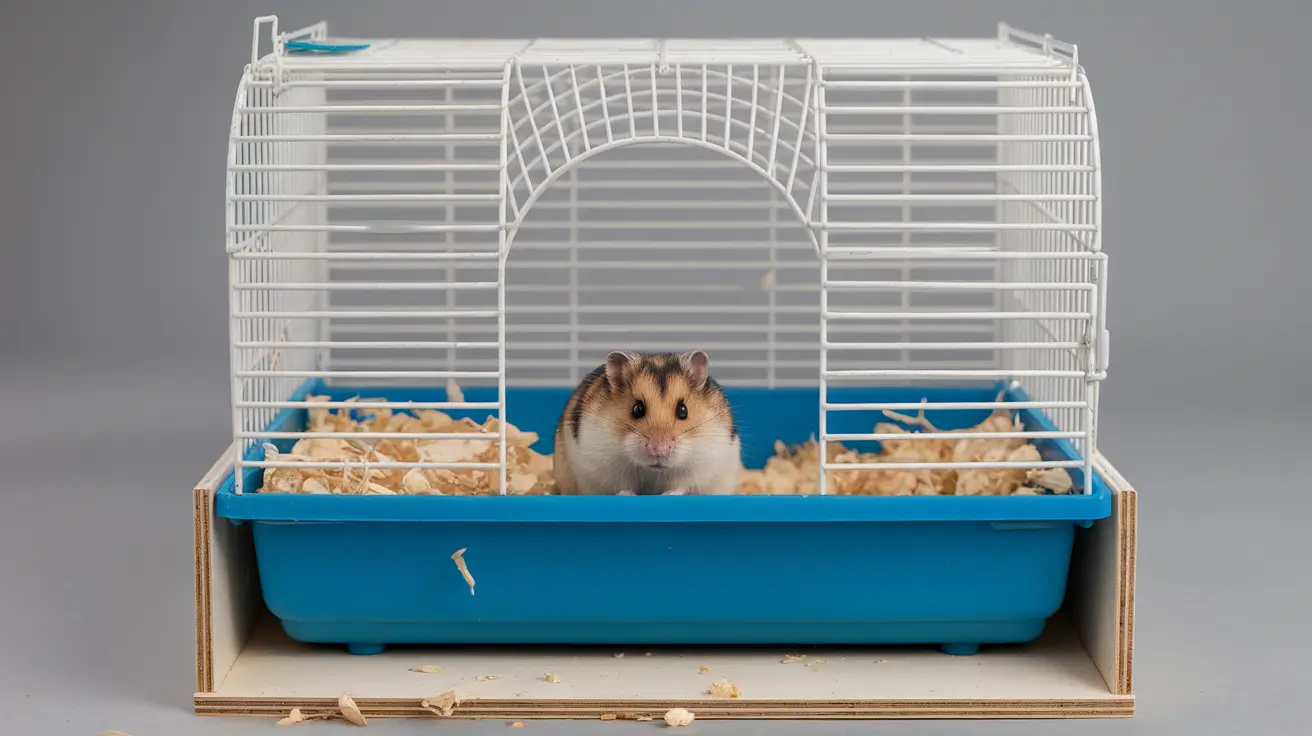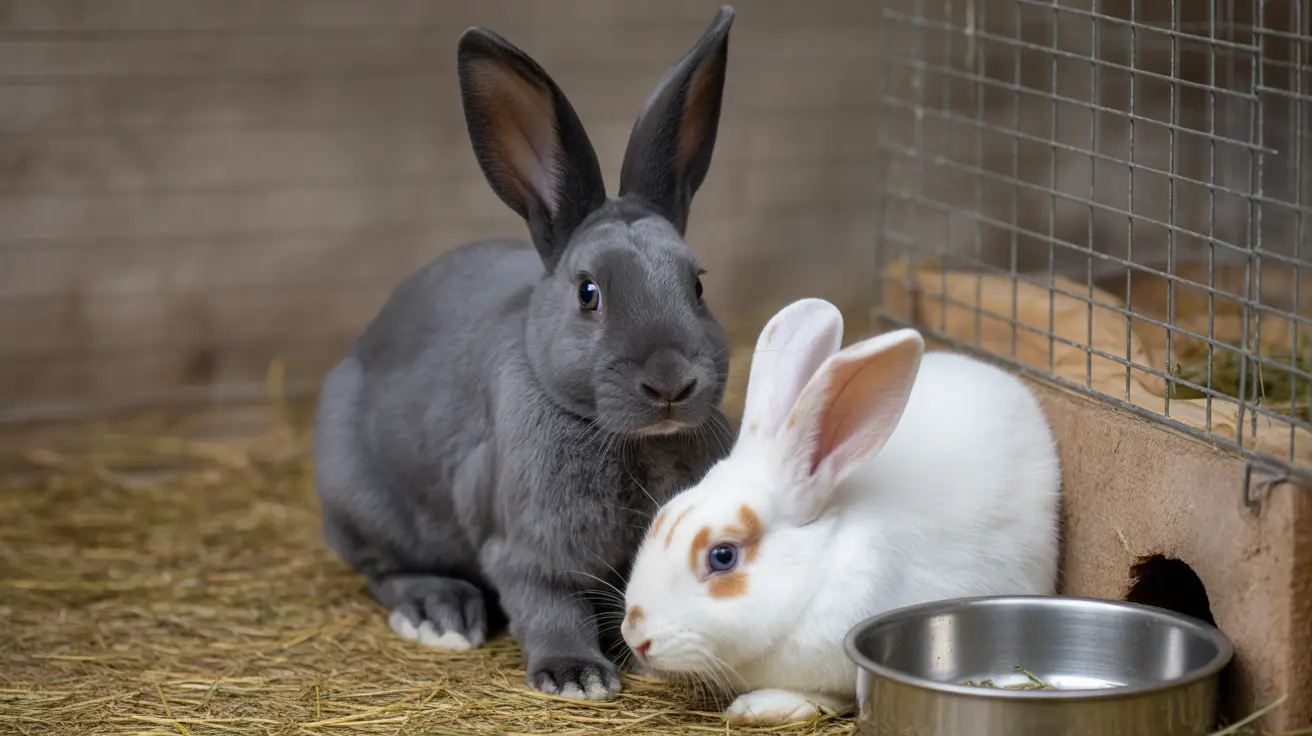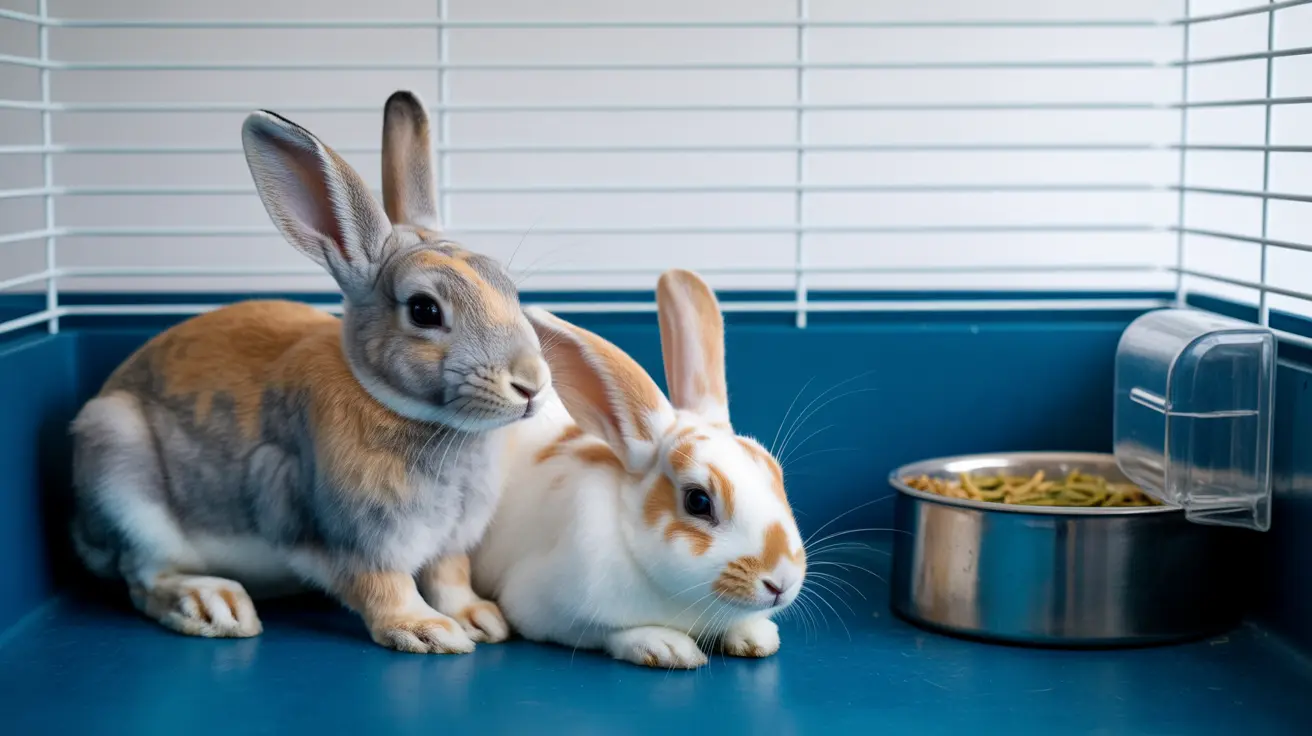Introduction: The Joy of Hamster Companionship
Hamsters have become beloved members of many families due to their affectionate nature and ease of care. These small, furry companions are known for their docility, especially when handled frequently, making them ideal pets for households looking for low-maintenance critters. However, potential hamster owners should be aware of their relatively short lifespan compared to other common pets. Understanding this aspect is crucial for fostering a fulfilling companionship with these delightful animals.
Understanding Hamster Lifespan
The average lifespan of a pet hamster ranges from 18 to 36 months, with any hamster over 1.5 years considered elderly. This short lifespan is a vital consideration for prospective owners, as it underscores the importance of providing optimal care to maximize their time together. Factors such as genetics, diet, and environmental conditions significantly influence a hamster's longevity, making it essential to understand these elements for responsible pet ownership.
Key Factors Affecting Lifespan
Genetics: The Role of Breed
Genetics play a pivotal role in determining a hamster's lifespan, with different breeds exhibiting varying life expectancies. For instance, Syrian hamsters typically live 2 to 3 years, while Russian Dwarf hamsters have a lifespan of around 1.5 to 2 years. Roborovski hamsters, on the other hand, can live up to 3.5 years, although 2 to 3 years is more common. Understanding these genetic differences can help owners set realistic expectations for their hamster's lifespan and tailor their care accordingly.
Diet: Nutrition for Longevity
A balanced diet is essential for promoting a hamster's health and longevity. Commercial pelleted rodent diets are recommended as the primary food source, as seed-based diets can lead to nutritional deficiencies and health issues like diabetes and obesity due to high sugar and fat content. While occasional treats such as grains, fruits, and vegetables can be offered, it is crucial to avoid refined sugars and ensure a diet rich in fiber to maintain a healthy hamster.
Environment: Creating a Healthy Habitat
Providing a suitable living environment is crucial for a hamster's well-being and longevity. A spacious cage equipped with a nest box, exercise wheel, and other enrichment activities encourages exercise and play, which are vital for a hamster's health. The cage should have a solid bottom with absorbent, non-toxic bedding, avoiding cedar or pine shavings that can irritate their respiratory system. Regular cleaning and sanitization of the enclosure further contribute to a healthy habitat.
Common Health Issues in Hamsters
Despite proper care, hamsters can still experience health issues that require attention. Recognizing symptoms early and seeking veterinary care is essential for addressing these ailments promptly.
Signs of Illness
Hamsters may encounter various health concerns, such as eye bulging, mites, and gastrointestinal issues like "wet tail," which can be life-threatening if untreated. Cheek pouch disorders, heart disease, kidney disease, and dental problems are also common in hamsters. Additionally, conditions like ringworm, diabetes, cancer, and amyloidosis may occur. Immediate veterinary attention is crucial for these issues to prevent further complications.
Preventative Care
Regular veterinary check-ups are vital for monitoring a hamster's health and catching potential problems early. Proactive care, including routine dental maintenance and monitoring for signs of illness, can significantly enhance a hamster's quality of life and longevity.
Essential Care Tips for a Happy, Healthy Hamster
Maintaining a hamster's health involves a combination of proper diet, habitat, and enrichment activities.
Dietary Recommendations
A pelleted diet should form the core of a hamster's nutrition, supplemented with occasional treats like grains, fruits, and vegetables. Ensuring access to fresh water at all times is equally important for their well-being.
Environmental Enrichment
Providing a stimulating environment with toys, tubes, exercise wheels, and chew toys keeps hamsters active and engaged. Offering materials like tissue paper or cotton for nest-building further enhances their living space.
Proper Handling and Socialization
Frequent handling helps hamsters become docile and affectionate. Using small treats to build trust and gradually increasing handling time can promote socialization and reduce the likelihood of biting, fostering a strong bond between owner and pet.
The Importance of Regular Veterinary Care
Routine veterinary visits are essential for maintaining a hamster's health, allowing for early detection and intervention of any emerging issues. Establishing a relationship with a veterinarian ensures that your hamster receives the necessary care to lead a long and healthy life.
Conclusion: Enriching Lives Together
While hamsters may have shorter lifespans than other pets, informed care practices can significantly enhance their quality of life. By understanding the factors that influence their lifespan and taking proactive steps in their care, hamster owners can ensure that their furry companions remain cherished members of the family. Through love, attention, and proper care, hamsters can bring joy and enrichment to any household.






